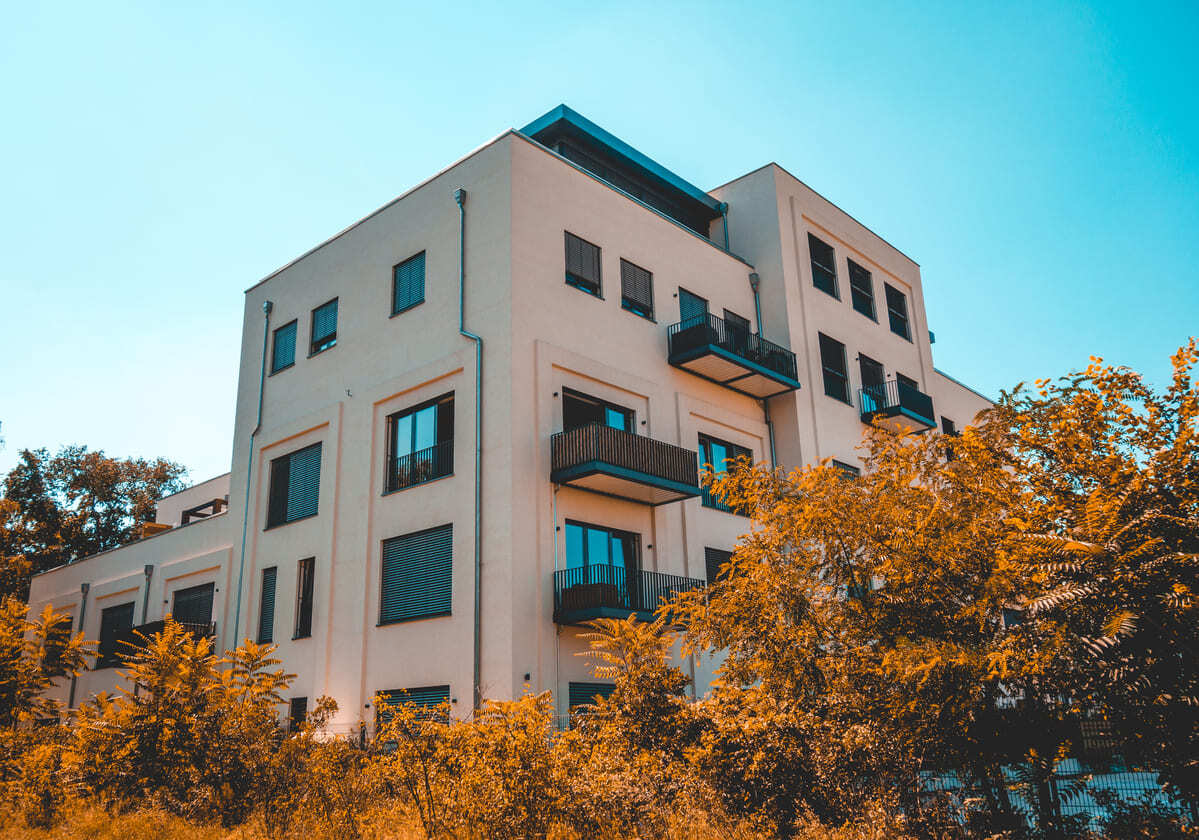-1.jpg?width=508&name=first%20time%20buyer%20shutterstock_1153993753%20(1)-1.jpg) Investing in a rental property for the first time can be a lucrative strategy. There are many benefits that come along with investing in rental properties such as tax incentives, value appreciation, leverage, and cash flow. However, investing in rental properties doesn’t come easy, and there are a few risks that you must take. There are a lot of things you should become knowledgeable about if you're a beginner looking to invest.
Investing in a rental property for the first time can be a lucrative strategy. There are many benefits that come along with investing in rental properties such as tax incentives, value appreciation, leverage, and cash flow. However, investing in rental properties doesn’t come easy, and there are a few risks that you must take. There are a lot of things you should become knowledgeable about if you're a beginner looking to invest.
Find Locations that are Up-and-Coming
When you're first starting out on your journey to find a rental property to invest in, you want to consider location first and foremost. Choose a location that is near hospitals, universities, movie theaters, malls, restaurants, and more. Also check out the vacancy rate in the area you are looking in. An area that has a high vacancy rate could mean that the neighborhood is going downhill.
Additionally, you want to choose a location that is in an area with a growing job market, low crime rates, easy access to public transit, and much more. These areas tend to have more people looking for places to rent. If you choose an area in such a location, you will not have to worry about finding renters for your property. The last thing you want to do is be stuck with a property that no one wants.
Do the Math
It's important that you know your numbers prior to investing in any rental property. You need to figure out how much profit you can expect to make off of your rental. You need to avoid just buying any rental property that you see listed for sale in the neighborhood and just wait until you receive profit from it. In order to become successful, you need to already have the numbers and do the math prior. You should come up with an estimate of your potential returns before you invest your money.
A good rule of thumb to find profitable rental properties for sale is to use the 2% rule. This rule suggests that you should only invest in rental properties that generate a monthly rent of at least 2% of the purchase price. A property that falls under this category can guarantee enough income to cover your rental expenses and provide you with a nice cushion for expenses that are unexpected.
Invest in Properties that are Cash-Flow Positive
When you're just starting out, it's highly recommended that you purchase a property that provides decent cash flow. By focusing your attention on cash flow positive properties, you'll improve your odds of having success and limit exposure to risk. You'll also leave a margin of error open for unexpected expenses. This means you'll be able to reinvest in other rental properties.
Budget for Unexpected Expenses
Owning an investment property means that you'll have to be prepared for unexpected costs. It's wise to set aside a rainy day fund since there 's always a possibility for an emergency to happen. For example, the roof may sustain damage and may need to be repaired immediately, or it could take you longer than normal to find a renter. A good rule of thumb is to have at least 6 months of cash set aside to cover unexpected expenses.
Inspect the Property
This is one of the biggest mistakes many people make when first purchasing a rental property. It's imperative that you perform an inspection prior to buying any rental property. This will unveil any potential issues that may be quite expensive to repair. If the issues are found right away, they could be serious enough for you to turn down the property. Or you can still purchase the property, but use the issues to your advantage when it comes to negotiating for a lower price.
Purchase a Property that is Rent-Ready
Even though it may be tempting to purchase a property that is priced below the market value, it may not be such a good idea if repairs are needed. It will be pretty expensive to renovate unless you are a person who knows and has experience in renovating homes.
One of the keys to searching for a rental property to invest in is to find one that only requires minor repairs. You want a property that will provide cash flow from the start.
Know Your Legal Obligations
It's crucial that you know the landlord-tenant laws when investing in rental properties. This will help you avoid legal inconveniences that can turn into large fees. Familiarize yourself with rent control regulations, lease requirements, eviction rules, and much more.
The bottom line is that investing in rental properties is a great way to generate financial freedom, but it can be challenging for those just starting out. The key is to learn as much as you can about investing before jumping in so you make good decision along the way.
.jpg)









